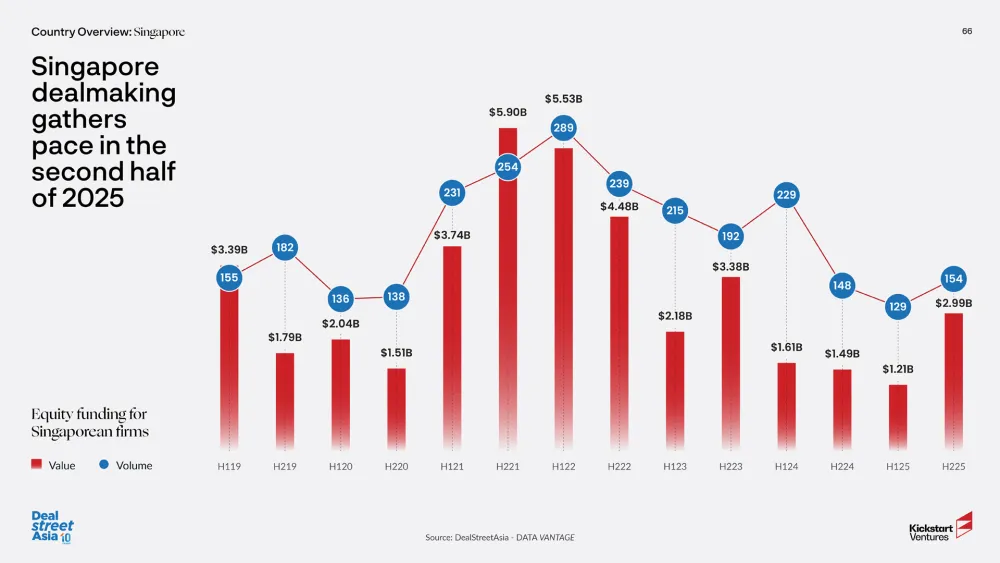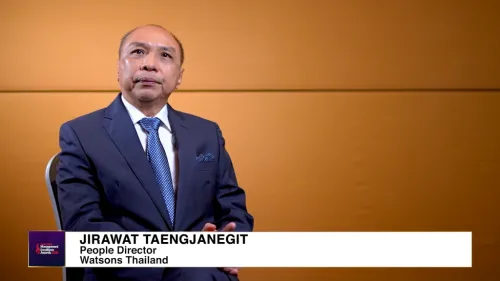
New debt rules may boost appeal of Singapore REITs
The higher debt and interest ratios would let them compete better with regional peers.
A proposal by the Monetary Authority of Singapore to let real estate investment trusts (REIT) take on more debt is expected to boost assets under management in Asia’s second-biggest REIT market, analysts said.
“Singapore REITs (S-REIT) will have more flexibility to pursue growth and they're able to refinance debt easier with the relaxation of leverage requirements,” Wong Xian Yang, head of Research for Singapore and Southeast Asia at Cushman & Wakefield (C&W), told Singapore Business Review.
“This is pertinent given the current heightened cost of debt.”
Singapore’s central bank in July proposed to simplify leverage requirements for all REITs by raising their leverage limit or gearing ratio to 50% from 45%, which represents the proportion of a company’s assets that are financed by debt.
It also lowered the interest coverage ratio (ICR) threshold, which measures a company’s ability to pay interest on a debt, to 1.5 times from 2.5 times. Both the gearing and interest coverage ratios measure the financial strength of an REIT, which owns or finances income-generating real estate and is most likely traded on a major stock exchange.
Wong said the average gearing ratio of Singapore REITs is 39%, which is below the proposed limits. He expects the market to adopt a higher gearing ratio, allowing REITs to pursue more growth opportunities.
“The proposed changes are a positive step for Singapore REITs and will allow them to grow assets under management,” Wong said. “They also have more flexibility in their capital structure and will be more competitive with the other REIT markets in the region.”
Singapore's REIT market grew 4% to US$75.8b in market value in 2023, accounting for 43.4% of active REITs on major Asian exchanges, according to C&W. It was second only to Japan, which had a market value of US$109.4b, and was followed by Hong Kong, whose market value was US$21b or 8.3%.
Singapore, where more than 90% of REITs and property trusts own properties across the Asia-Pacific region, South Asia, Europe, and the US, was the sole market in the top three to see an uptick in value.
Ron Cheng, head of Investment Funds at Drew & Napier LLC, said the new limits would allow the city-state’s REITs to showcase their financial strength and “ability to service debts while remaining well-capitalised and observing prudent borrowing levels.” This could “foster greater investor confidence and increase its appeal as an investment product.”
Meanwhile, the lower ICR means REITs won’t have to worry as much about breaching the floor if their earnings drop or if borrowing costs rise, but it could be difficult for those whose gearing ratio is 45% or less, since they were not subject to any limits before.
“These REITs may have to recalibrate their borrowing arrangements or risk breaching the new minimum ICR,” Cheng said. “Since REITs typically rely on debt financing, the imposition of a minimum ICR will make them more sensitive to market fluctuations and heighten the need to maintain stable earnings.”
Too much leverage could also threaten the viability of a property investment in an environment of declining property valuations and higher borrowing costs.
Still, Cheng said REIT managers may welcome the revised rules amidst high borrowing costs.
Key beneficiaries
In a report, DBS analysts Derek Tan, Dale Lai, and Geraldine Wong said the measure would benefit mostly Singapore REITs whose financial ratios are trending closer to the 2.5x floor and 45% gearing ratio. These include Lendlease Global Commercial REIT, Keppel REIT, Suntec REIT, and Mapletree Pan Asia Commercial Trust.
A minimum ICR of 2.5 times to increase the gearing ratio to 50% means that for every dollar of interest on a debt, an REIT must generate at least US$2.50 in earnings to pay interest expenses.
Although the relaxed rule would benefit specific players, it would still boost sentiment among Singapore REITs, the DBS analysts said. “These newly revised rulings will introduce more financial flexibility for S-REITs in a higher and longer-than-expected interest rate environment.”
They added that Singapore REITs would be in a better position to pursue acquisitions compared with leverage-based buyers once interest rates start falling.
Cheng said REIT managers should analyse their interest expenses and debt to ensure they can meet the minimum ICR.
“REIT managers should also ensure that their existing technology and accounting infrastructure allows for the convenient retrieval and analysis of such information on an ongoing basis,” he added.



















 Advertise
Advertise










